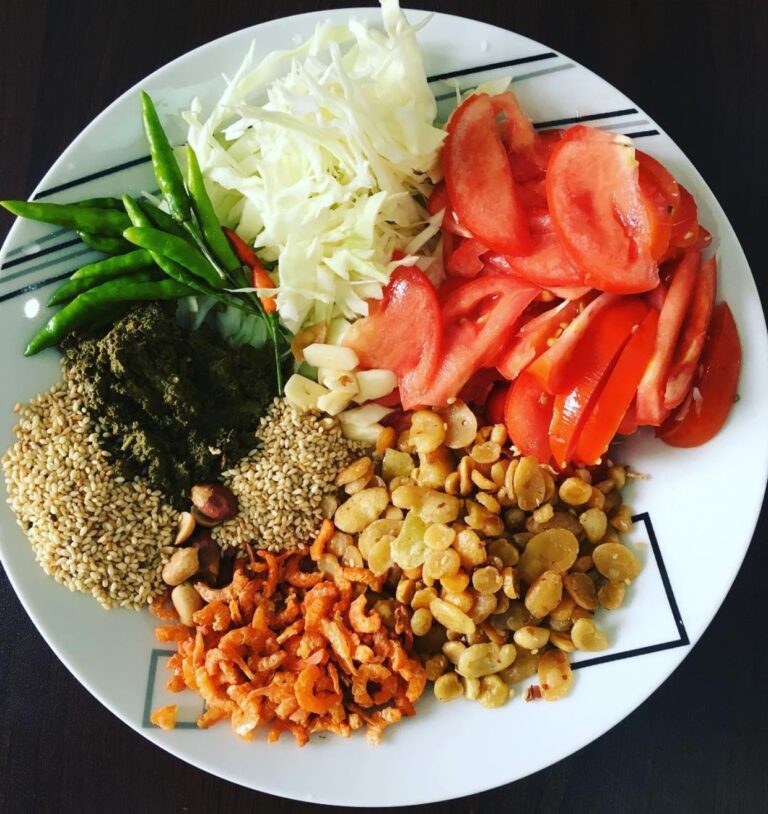Introduction: Mozambican Cuisine and Its History
Mozambican cuisine is a fusion of indigenous African, Arab, and Portuguese culinary traditions. The cuisine of Mozambique is varied, and there is a mix of traditional and modern dishes available to locals and tourists alike. The country’s proximity to the Indian Ocean, fertile agricultural land, and a history of Portuguese colonization have all had a significant impact on the cuisine.
Mozambican cuisine is known for its use of spices, particularly peri-peri, which is used to flavor meat, fish, and vegetables. Coconut milk, cassava, maize, and beans are also commonly used in Mozambican cuisine. Mozambique’s history of colonization, slavery, and migration has influenced the cuisine, making it a rich and diverse culinary experience.
The Arrival of the Portuguese in Mozambique
The Portuguese arrived in Mozambique in 1498, during Vasco da Gama’s expedition to India. They established a trading post in Sofala, and over time, they expanded their influence and control over the region. The Portuguese brought with them a variety of foods, including wheat, sugar, and citrus fruits, which were introduced to Mozambican cuisine.
As the Portuguese began to dominate Mozambique, they brought with them their own culture and way of life. This included their language, religion, and, of course, their cuisine. The Portuguese introduced new culinary techniques and ingredients to Mozambican cuisine, which would have a lasting impact on the country’s food culture.
Portuguese Influence on Mozambican Cuisine
The Portuguese had a significant impact on Mozambican cuisine. They introduced new foods, such as tomatoes, potatoes, and chillies, that became popular ingredients in Mozambican dishes. The Portuguese also introduced new cooking techniques, such as frying and baking, which were incorporated into Mozambican cuisine.
One of the most significant ways that the Portuguese influenced Mozambican cuisine was through the introduction of peri-peri. Peri-peri is a type of chilli pepper that is used to flavor many Mozambican dishes, including chicken, fish, and vegetables. The Portuguese brought peri-peri to Mozambique from their colonies in Angola and introduced it to the local cuisine.
Traditional Portuguese Dishes in Mozambique
Traditional Portuguese dishes are still popular in Mozambique today. Dishes such as bacalhau (salt cod), feijoada (bean stew), and arroz de marisco (seafood rice) are commonly found on menus in Mozambique. These dishes have been adapted to include local ingredients and cooking techniques, making them unique to Mozambican cuisine.
The influence of Portuguese cuisine can also be seen in Mozambique’s street food culture. Foods such as pastéis de nata (custard tarts), pão de queijo (cheese bread), and bifanas (pork sandwiches) are all popular street foods in Mozambique.
Modern Mozambican Cuisine and Its Portuguese Roots
Modern Mozambican cuisine has evolved to include new and innovative dishes. However, despite these changes, the cuisine still retains its Portuguese roots. For example, Mozambique’s national dish, matapa, is made with cassava leaves, coconut milk, and peanuts, but it is also flavored with peri-peri and served with rice, which is a nod to the Portuguese influence.
Mozambique’s modern cuisine also includes dishes that incorporate Portuguese and Mozambican flavors. For example, prawns with garlic and peri-peri, a dish that combines Portuguese and Mozambican ingredients and cooking techniques, is a popular dish in Mozambique.
Conclusion: The Presence of Portuguese Influences in Mozambican Cuisine
Mozambican cuisine is a rich and diverse fusion of indigenous African, Arab, and Portuguese culinary traditions. The Portuguese had a significant impact on Mozambican cuisine, introducing new foods, cooking techniques, and ingredients that have become an integral part of the country’s food culture.
Today, Mozambican cuisine reflects this rich history and cultural exchange. Traditional Portuguese dishes are still popular, and modern Mozambican cuisine incorporates Portuguese and Mozambican flavors to create new and innovative dishes. The presence of Portuguese influences in Mozambican cuisine is a testament to the country’s complex and fascinating culinary history.

